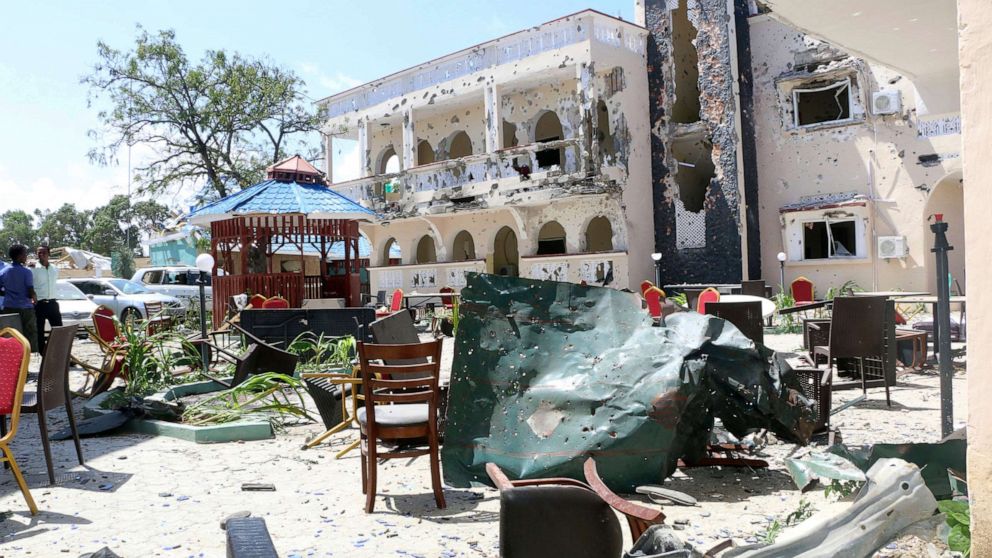[ad_1]
An attack in Somalia’s port city of Kismayo over the weekend killed 26 people, including the prominent Canadian-Somali journalist Hodan Nalayeh, who returned to her native country with a mission to tell its overlooked stories.
The attack prompted an outpouring of grief on social media.
Nalayeh, who founded Integration TV, a web-based station aimed at Somalia’s global diaspora, was remembered as a generous person who was driven to tell stories that showed a more positive and nuanced side of her native Somalia.
Some of Nalayeh’s previous social media posts depicting people smiling and going about their lives re-circulated on Twitter as news of her death spread online — images, people noted in their posts, that were at odds with the depiction of Somalia as a place devastated by decades of civil war, famine and conflict.
Mukhtar Ibrahim, the editor of the Minnesota-based Sahan Journal, paid tribute to her on Twitter and called her “supportive, inspiring and a great role model.”
I’ve been in great shock since I heard the news of Hodan Naleyeh’s killing in an explosion in Somalia.
Hodan was an incredibly talented, creative, down-to-earth journalist who single-handedly tried to change the racist media narrative around Somalia and Somalis. pic.twitter.com/82O1wx3zvf
— Mukhtar M. Ibrahim (@mukhtaryare) July 12, 2019
U.S. State Department officials said that one American had died in the attack, while the Associated Press reported that nationals from Kenya, Tanzania and the United Kingdom — in addition to Somalis — were also among the dead. Ahmed Madobe, the regional president, said that 26 people had died and another 56 had been injured, according to the AP.
The attack went on for 14 hours, and it began on Friday night local time when a suicide car bomb destroyed the entrance gate at the Asasey Hotel and at least four gunmen were able to enter, according to the AP.
Al Shabaab, the Islamist terrorist group, issued a statement taking responsibility for the attack. The group regularly targets hotels in the capital Mogadishu, often using the same method of blasting its way through a security entrance and sending in gunmen on foot. But the group has not hit Kismayo, in the semi-autonomous Jubaland region, since 2012, according to the BBC.
Nalayeh’s husband, Farid Jama Suleiman, was among those who died in the attack, the AP said.
Nalayeh was born in Somalia in 1976, but she moved with her family to Canada as a young girl, and grew up in Alberta and Toronto.
In a 2014 interview with Toronto.com she said she hoped her show “Integration” would offer Canadians a more nuanced view of their Somali neighbors, while giving Somali-Canadians the chance to celebrate the best aspects of both sides of their identities.
“You leave behind whatever you left – the war, the fighting, the corruption in that country – and you come to a country like Canada where you have democracy and freedom to practice your religion, to be who you want to be, to have all these opportunities,” she said. “Basically, integration is balancing that new life, where you still keep your culture, but you embrace the new culture that you’re in.”
She said at the time that she hoped, through the show, to introduce viewers to people of Somali heritage who have done well in Canada, like a successful chiropractor or a young developer with a top-selling app — “things that you would never know about Somali people,” she said.
[ad_2]
Source link

